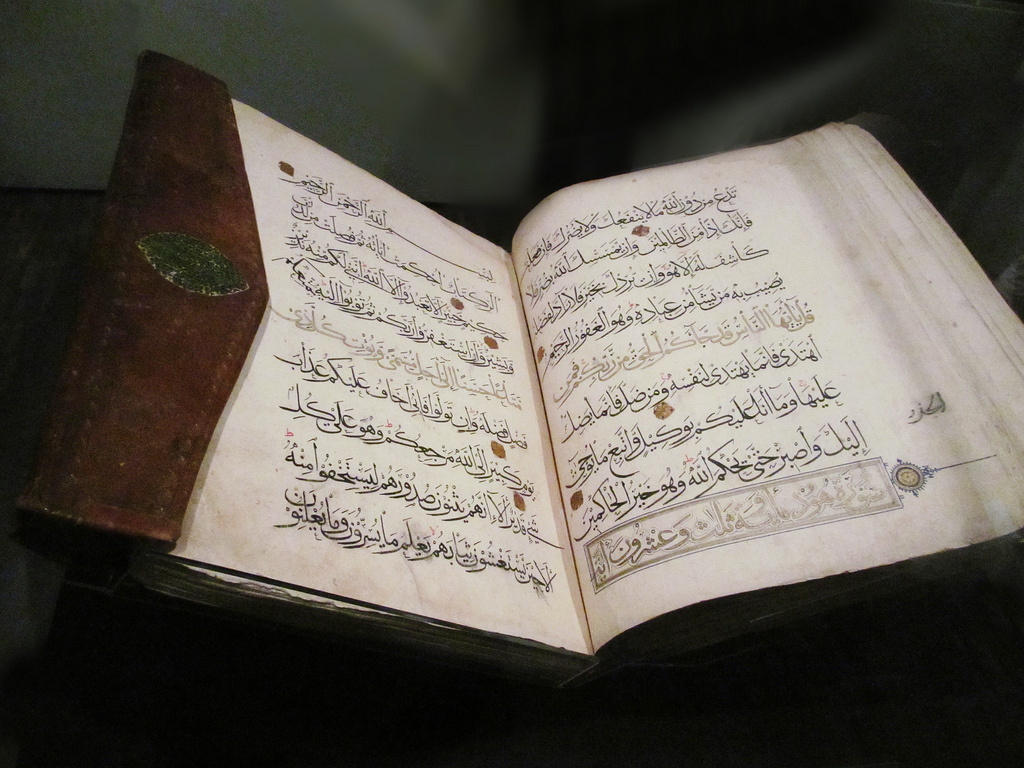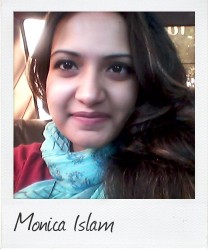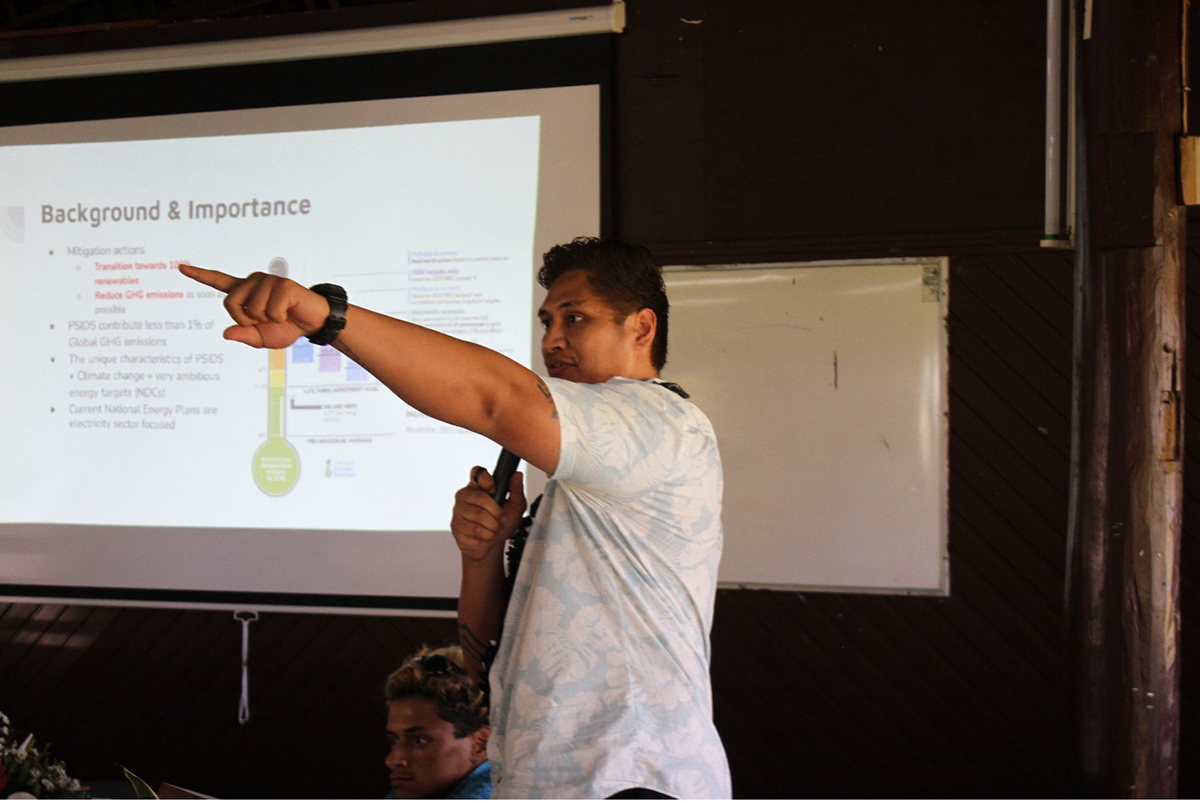“Ancient scriptures provide road map for a more harmonious society”
August 1A single chapter in the Koran can help provide solutions to many problems that plague modern society, writes Monica Islam, 26, a Commonwealth Correspondent from Dhaka in Bangladesh.
I was born into a Muslim family, and while I did not receive a stringent religious upbringing, I was still introduced to Islamic customs at an early age. One such custom was to venerate the Koran (the Holy Scripture of Muslims). The veneration could be symbolic, such as placing the Koran on an elevated clean space, higher than any other book; covering it with a cloth, preferably silk, to protect it from impurities; and reciting it in Arabic. Alternatively, the veneration could be practical by living according to the principles of the Koran.
When reciting the Koran in Arabic, the focus is on getting the pronunciation right. During the 1990s, for example, understanding the meaning was not strongly emphasized by authoritative figures, such as parents and/or religious leaders. I knew that for me to follow the teachings of Islam (or any religion), I had to comprehend it first. That’s why I picked up an English translation of the Koran, in 2010.
When reading the translated version of the Koran, attention is paid to straightforward concepts, such as being charitable and good to one another, or to over-complicated concepts such as jihad and hijab.
Instead of reading the scripture like a novel, I believe the best place to begin studying the Koran is chapter 49.
The chapter likens suspicion to crime. Put into action, if we are able to subdue our propensity to suspect others, we will be better equipped to avert many quarrels. The chapter also speaks about the search for factual accuracy, which would be of particular interest to journalists. The best aspect of this chapter, however, is that it affirms pluralism and encourages various communities to interact with each other. The chapter concludes with a reminder that religion is a personal choice. This means that being a Muslim is an intensely personal choice. If you choose to be a Muslim, it is only for yourself, and not for anyone else.
Simply put, chapter 49 provides solutions to some of the problems plaguing our society. If we emulate the suggested advice in this chapter, we would be able to overcome many major problems in the long run, irrespective of our individual religious affiliations.
Disclaimer: The author does not intend to endorse any religious ideology. This article is written solely with a view to promote inter-religious understanding. It is not to be taken as an alternative to scholarly, religious discourse. It is also not meant to be a religious exegesis of any sorts.
Photo credit: rocor via photopin (license)
…………………………………………………………………………………………………………………
About me: Just another writer-journalist waiting for a major break-through. I identify as a global citizen, but by birth, I am Bangladeshi – if this makes it any easier for you to talk to me. I read almost anything and everything. My interests are in the areas of health, education, sustainable development, and the leisure industry.
 …………………………………………………………………………………………………………………
…………………………………………………………………………………………………………………Opinions expressed in this article are those of the author and do not necessarily represent the views of the Commonwealth Youth Programme. Articles are published in a spirit of dialogue, respect and understanding. If you disagree, why not submit a response?
To learn more about becoming a Commonwealth Correspondent please visit: http://www.yourcommonwealth.org/submit-articles/







